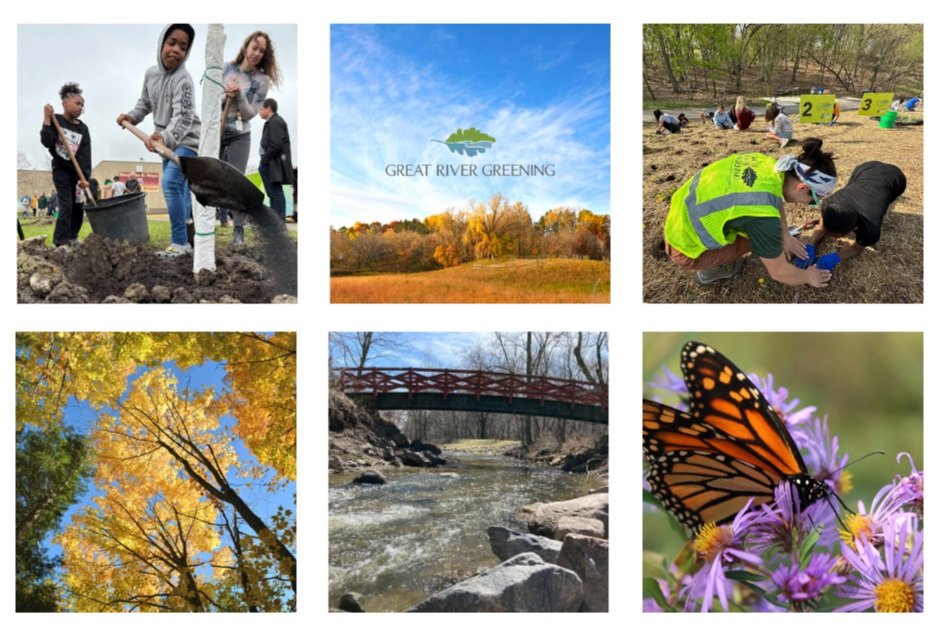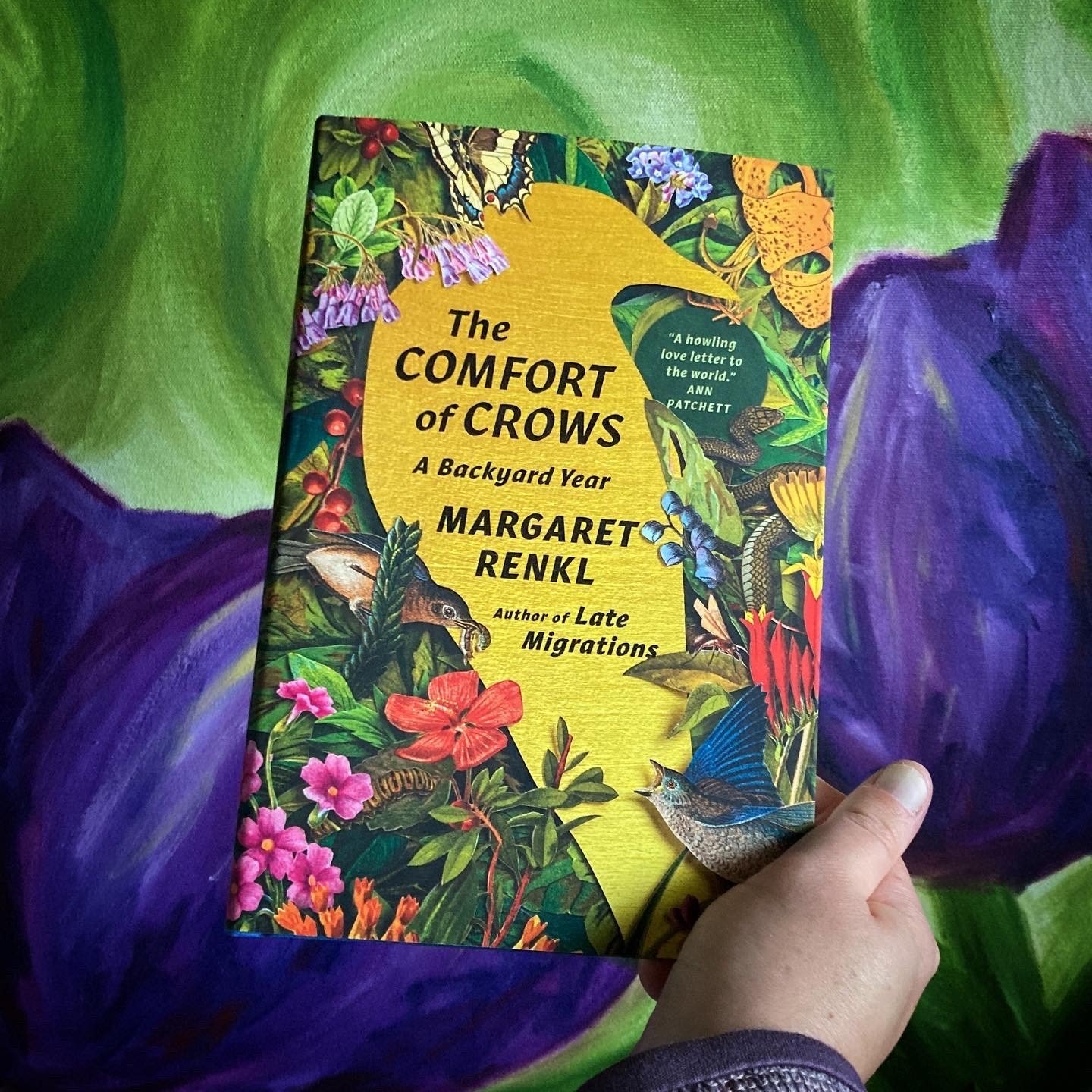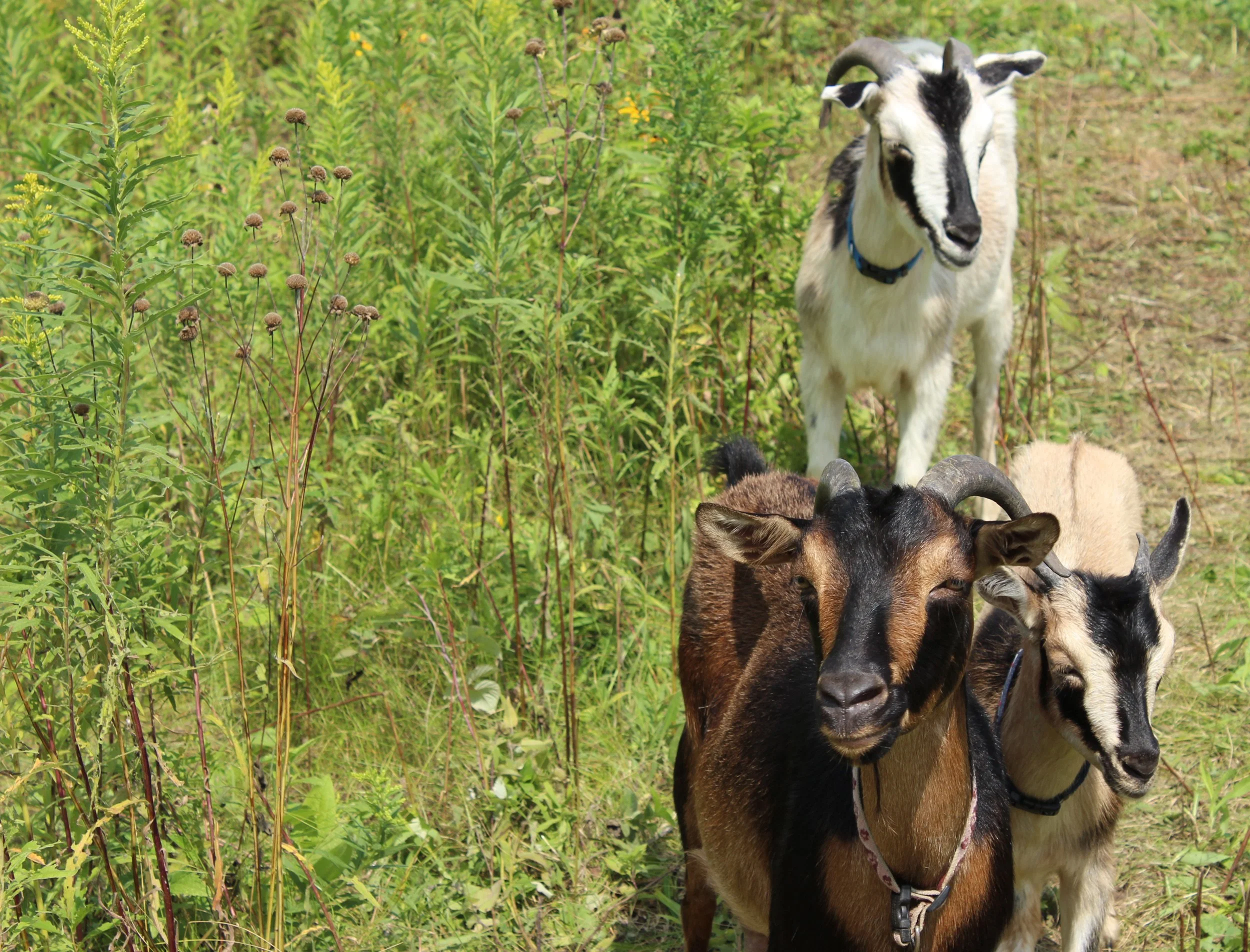
Reflections on 2023 and Jumping into 2024
In 2023, Great River Greening’s team of ecologists and naturalists worked on a record-breaking 200 restoration sites, creating more climate-resilient habitats, restoring more prairies and grasslands, and transforming more forests and wetlands than ever before. But we didn’t do this alone. We can’t thank our volunteers, donors, and supporters enough for the enthusiastic commitment to this essential work. Please join us in celebrating these highlights:

Stewardship Spotlight: Richard Fowler. Caring for the environment, then and now
Today we're shining the spotlight on our partnership with Richard Fowler, who has been supporting Great River Greening for a milestone 20 years. His commitment to land restoration in Minnesota springs from a reverence for clean water. For Richard Fowler, Minnesota's land and waters are priceless gifts worth taking bold action to preserve—and he's no stranger to taking bold action. Read on for an exclusive interview discussing Richard's lifelong passion for environmental protection and his abiding interest in GRG's community-focused, collaborative approach to caring for our shared land and water.

Top Ten Staff Book Recommendations to Cozy up to this Winter
Great River Greening had the honor of sponsoring the 2023 season of Minnesota Public Radio’s “Talking Volumes” with Kerri Miller. As part of that sponsorship, staff and Conservation Circle donors had the pleasure of attending the season finale featuring New York Times columnist and nature writer Margaret Renkl. Following this event, Great River Greening staff members couldn’t help but discuss what we’re currently reading, our favorites, or even what’s in our “To Be Read” pile. Here are ten can’t-miss books for you to check out.

Violets, Butterflies, and Bison—Restoring the Prairie Ecosystem
Although violets, butterflies, and bison may seem unrelated, they are all “crucial missing prairie ecosystem components being returned to the landscape” says Sara Nelson, project manager at Great River Greening. According to the Minnesota Department of Natural Resources (MnDNR), only about 1% of Minnesota’s original native prairie remains today—making it one of the continent’s most endangered habitats. This is why Great River Greening, together with our partners, is addressing critical biodiversity loss to protect, expand, and restore remnants of this incredibly vital ecosystem.

EXCITING NEWS: Great River Greening Awarded $10 Million from USDA Forest Service’s Urban and Community Forestry Grants to Transform Minnesota Communities and Combat Extreme Heat
Great River Greening is thrilled to announce that it has been awarded a $10 million grant from the USDA Forest Service’s Urban and Community Forestry Grants, made possible through funding from the federal Inflation Reduction Act. This significant investment will support their groundbreaking program, "Cooling Minnesota Communities (CMC): Expanding Tree Canopies, Empowering Communities, and Increasing Access," which aims to combat extreme heat, enhance climate change resilience, and increase equitable access to tree canopies across the state. The USDA Forest Service awarded more than $1 Billion to 385 entities across the entire United States. Great River Greening’s award for CMC stands out as one of the highest funded programs that brings together 15 partners including five cities, three school districts, and seven nonprofit partners to plant nearly 14,000 trees over the next five years.

Community-led Efforts to Cool Urban Heat Islands
The effects of climate change are becoming harder to ignore. Already we are experiencing its effects on Minnesota’s ecosystems and individuals. For example, Minnesota’s average annual temperature has increased by nearly 3°F since 1895, and 2023 has been a warmer-than-average summer so far. Although these effects can be felt throughout the state, they are felt more intensely in urban heat islands. Read on to see what we can do to reduce the harmful effects of urban heat islands and improve quality of life in these communities.

Latino Conservation Week: Interview with Huellas Latinas Founder Luisana Méndez
Latino Conservation Week (LCW) was first started in 2014 by the Hispanic Access Foundation. This year, Great River Greening is thrilled to partner with Huellas Latinas for our LCW Pollinator Monitoring Field Day on Tuesday, July 18 at Crosby Farm Park in Saint Paul. We even got the chance to chat with Luisana Méndez (she/her/hers/ella), Founder and CEO of Huellas Latinas, about her passion for nature, what led her to founding Huellas Latinas, and more!

Soil is Vital to Mitigating Climate Change in Minnesota
Did you know that addressing soil health is crucial in the fight against climate change? Healthy soil plays a vital role in mitigating the impacts of climate change by sequestering carbon, storing water, and making land more resilient. On the flip side, degraded soil actually exacerbates climate change. That’s why restoring and maintaining soil health is a powerful climate solution.

Our Not-So-Secret Weapon in the Fight Against Invasive Species – Goats!
If you’re hiking through Lebanon Hills Regional Park in Eagan or Schwarz Pond Park in Rosemount this month, you just may run into some unexpected park visitors…

From our Executive Director: Join me for No Mow May!
The idea around No Mow May is simple: don’t mow for the month, allowing flowering “weeds” to grow and provide a food source for early pollinators. It’s a campaign that Great River Greening worked with the City of Saint Paul to officially approve this year, removing any ordinance for the month prohibiting tall weeds.
